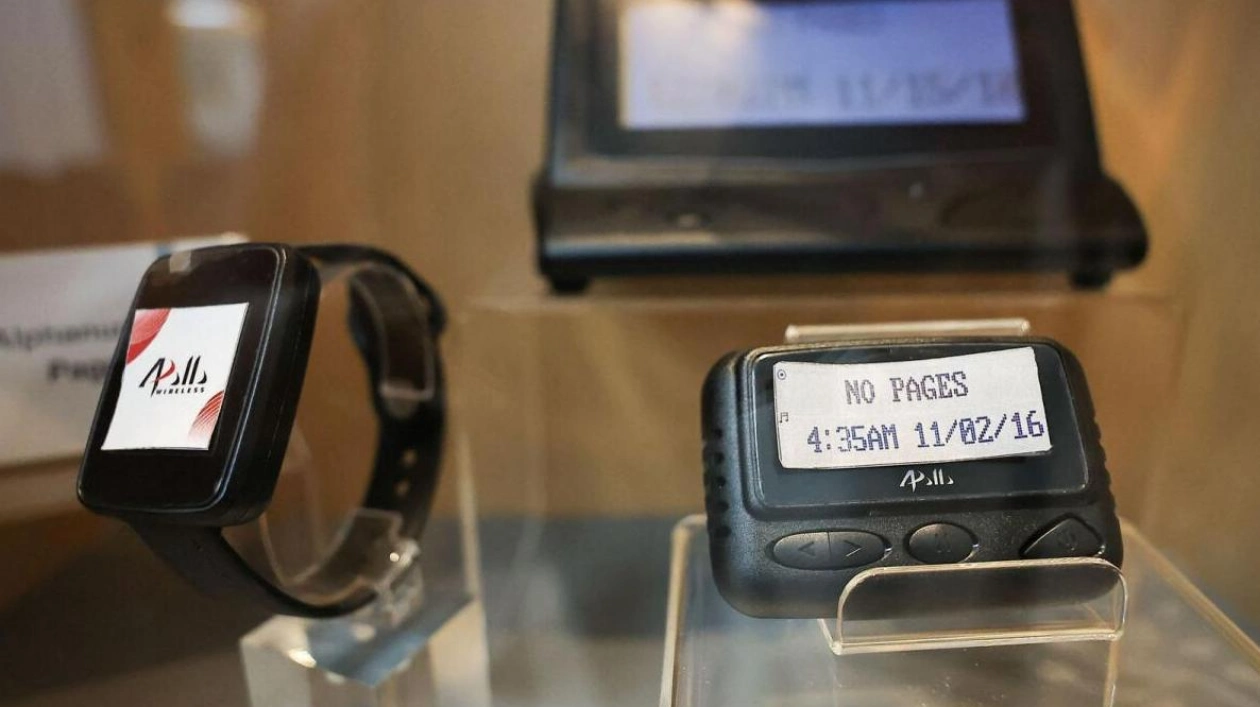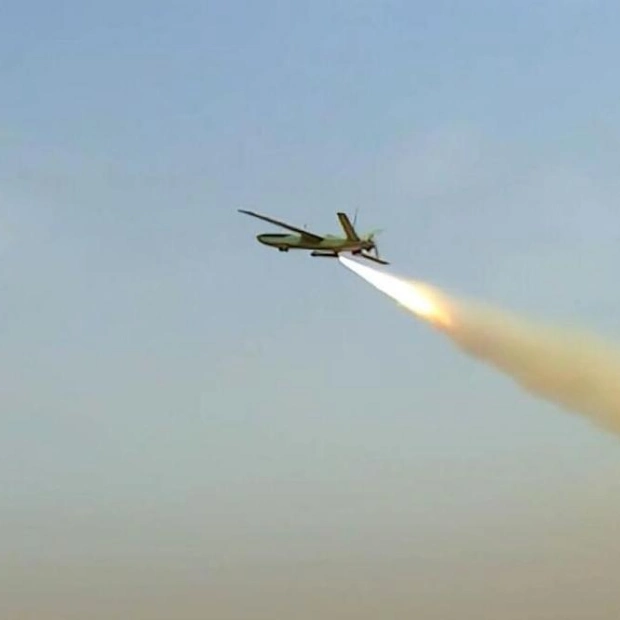Israel's Mossad spy agency secretly embedded a small quantity of explosives within 5,000 pagers manufactured in Taiwan and ordered by Lebanese group Hezbollah, months prior to the detonations on Tuesday, according to a senior Lebanese security source and another source who spoke to Reuters. This operation marked an unprecedented security breach for Hezbollah, resulting in the detonation of thousands of pagers across Lebanon, which killed 12 people and injured nearly 3,000 others, including Hezbollah fighters and Iran's envoy to Beirut. Several sources indicated that the plot had been in the works for many months.
The senior Lebanese security source revealed that Hezbollah had ordered 5,000 pagers from Taiwan-based Gold Apollo, which were reportedly imported into the country earlier this year. The source identified the model of the pager as an AP924, which, like other pagers, can wirelessly receive and display text messages but cannot make telephone calls. This year, two sources familiar with Hezbollah's operations stated that the group's fighters had been using pagers as a low-tech communication method to evade Israeli location-tracking. However, the senior Lebanese source disclosed that the devices had been tampered with by Israel's spy service at the production level.
"The Mossad inserted a board inside the device containing explosive material that responds to a code. It's extremely difficult to detect through any means, even with any device or scanner," the source explained. The source added that 3,000 of the pagers exploded when a coded message was transmitted to them, simultaneously triggering the explosives. Another security source mentioned that up to three grams of explosives were concealed within the new pagers and had remained undetected by Hezbollah for months. Images of the destroyed pagers analyzed by Reuters displayed a format and stickers on the back that matched those of pagers made by Gold Apollo, based in Taipei.
Hezbollah was left reeling from the attack, which resulted in fighters and others being bloodied, hospitalized, or killed. One Hezbollah official described the detonation as the group's "biggest security breach" since the Gaza conflict between Israel and Hezbollah ally Hamas began on October 7. Jonathan Panikoff, the former deputy national intelligence officer on the Middle East for the US government, stated, "This would easily be the biggest counterintelligence failure that Hezbollah has had in decades."
In February, Hezbollah devised a war plan aimed at addressing gaps in the group's intelligence infrastructure. Around 170 fighters had already been killed in targeted Israeli strikes on Lebanon, including one senior commander and a top Hamas official in Beirut. In a televised speech on February 13, Hezbollah's secretary-general Hassan Nasrallah sternly warned supporters that their phones were more dangerous than Israeli spies, advising them to break, bury, or lock them in an iron box. Instead, the group distributed pagers to Hezbollah members across various branches, from fighters to medics working in its relief services.
The explosions severely injured many Hezbollah members, according to footage from hospitals reviewed by Reuters. Wounded men sustained injuries of varying degrees to the face, missing fingers, and gaping wounds at the hip where the pagers were likely worn. "We really got hit hard," said the senior Lebanese security source, who has direct knowledge of the group's investigation into the explosions. The pager blasts occurred amid growing concerns about tensions between Israel and Hezbollah, which have been engaged in cross-border warfare since the Gaza conflict erupted last October.
While the war in Gaza has been Israel's main focus since the October 7 attack by Hamas-led gunmen, the precarious situation along Israel's northern border with Lebanon has heightened fears of a regional conflict that could involve the United States and Iran. A missile barrage by Hezbollah the day after October 7 marked the beginning of the latest phase of conflict, and since then, there have been daily exchanges of rockets, artillery fire, and missiles, with Israeli jets striking deep into Lebanese territory. Hezbollah has stated that it does not seek a wider war but would fight if Israel initiated one. Israeli Defence Minister Yoav Gallant informed US Defence Secretary Lloyd Austin on Monday that the window for a diplomatic solution to the standoff with the Iranian-backed Hezbollah movement in southern Lebanon was closing.
Nonetheless, experts did not view the pager blasts as an indication of an imminent Israeli ground offensive. Instead, it was seen as a sign of Israeli intelligence's deep penetration of Hezbollah. "It demonstrates Israel's ability to infiltrate its adversaries in a remarkably dramatic way," said Paul Pillar, a 28-year veteran of the US intelligence community, primarily at the CIA.






